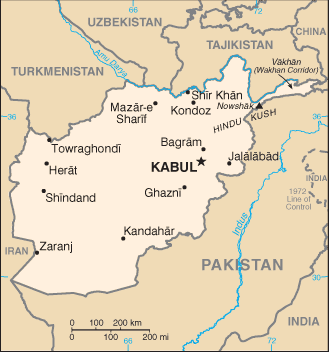Since the late-2001 US invasion and occupation of the country, and the subsequent creation of the current Afghan government, the Taliban moved from the role of mostly-recognized government to insurgency. With fledgling peace talks in Pakistan and China, the Taliban may be preparing to undergo another transition.
 13+ years into the war, the Taliban holds considerable territory across Afghanistan, and continues to command support across several regions. Analysts thus believe that any deal resulting from these talks is going to have to include some significant power-sharing with the Taliban if it is to end the fighting.
13+ years into the war, the Taliban holds considerable territory across Afghanistan, and continues to command support across several regions. Analysts thus believe that any deal resulting from these talks is going to have to include some significant power-sharing with the Taliban if it is to end the fighting.
Afghanistan’s been in more or less non-stop war for decades now, since the Soviet invasion, and at the end of every round, there must come a reckoning, in which enemies come to some sort of uneasy settlement of the ongoing conflict. The difficulty of this is reflected in how many times Afghanistan has gone through these peace deals only to return to fighting soon thereafter.
The US-imposed system in Afghanistan, though, seems like it’s going to have to get used to the idea of the Taliban playing the role of a political party with significant regional influence and right in the midst of the political mainstream. Afghanistan’s existing government is already heavily divided, and the Taliban’s unity could allow it to consolidate more power in future elections if it participates.


